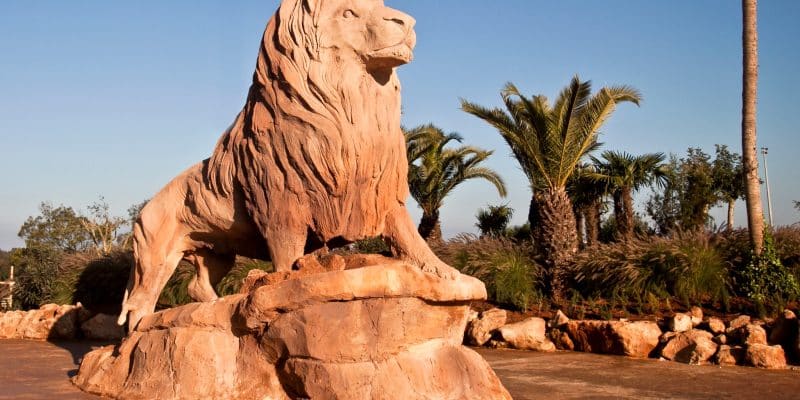In Morocco, the Rabat National Zoological Garden (JZN) has put in place measures to ensure the well-being of its animals during the heatwave. In a "red" alert bulletin published on 15 July 2023, the Directorate General of Meteorology (DGM) announced that a heatwave was expected between 17 and 21 July 2023 in various provinces of the Kingdom, with temperatures varying between 37 and 48°C.
The week of 17 to 21 July 2023 will be particularly hot in Morocco. According to the “orange” weather alert published on 15 July 2023 by the Directorate General of Meteorology (DGM), the period will be marked by temperatures of between 37 and 48°C.
In Rabat, the capital in the north-west of the country, the Rabat National Zoological Garden (JZN) has put in place measures to mitigate the impact of the heatwave on animals. “These measures mainly concern mammals and birds. They receive frozen meals and ice creams, taking into account the specific diet of each animal. But these foods are supplied in limited quantities to avoid the potential side-effects of frozen foods,” explains Saad Azizi, the JZN’s Head of Veterinary and Zoological Services.
Read also-KENYA: $472 million emergency appeal to combat drought
As well as supplying frozen feed, JZN officials use ice packs to cool the air. “During the summer, when the heat is intense, we try as much as possible to provide them with ice packs to cool the air, and we also shower some of the animals to protect them from the heat. Each animal has a natural habitat that suits it perfectly,” explains zookeeper Oualid Zekaki.
Opened in 2012, the JZN is one of Morocco’s major cultural and tourist attractions. It is home to around 2,000 animals from almost 190 species. With almost 400,000 visitors a year, the zoo has the largest number of Atlas lions in captivity, with around forty individuals of this species now extinct in the wild.
Boris Ngounou







